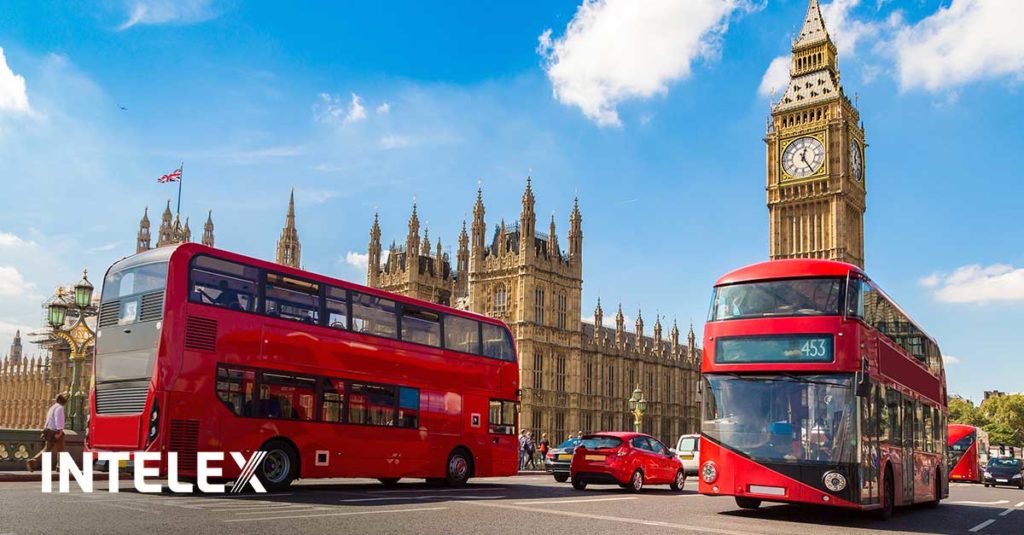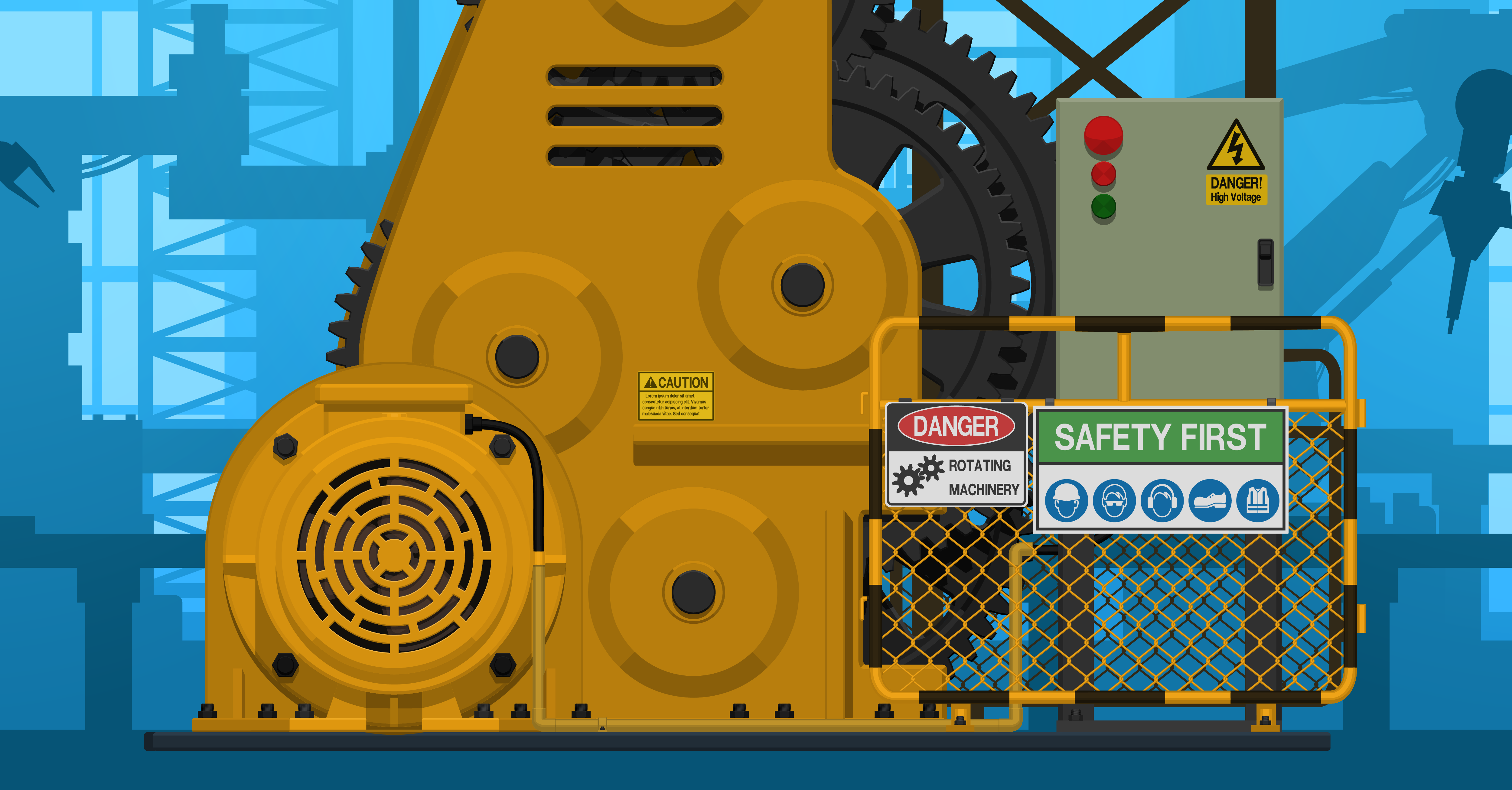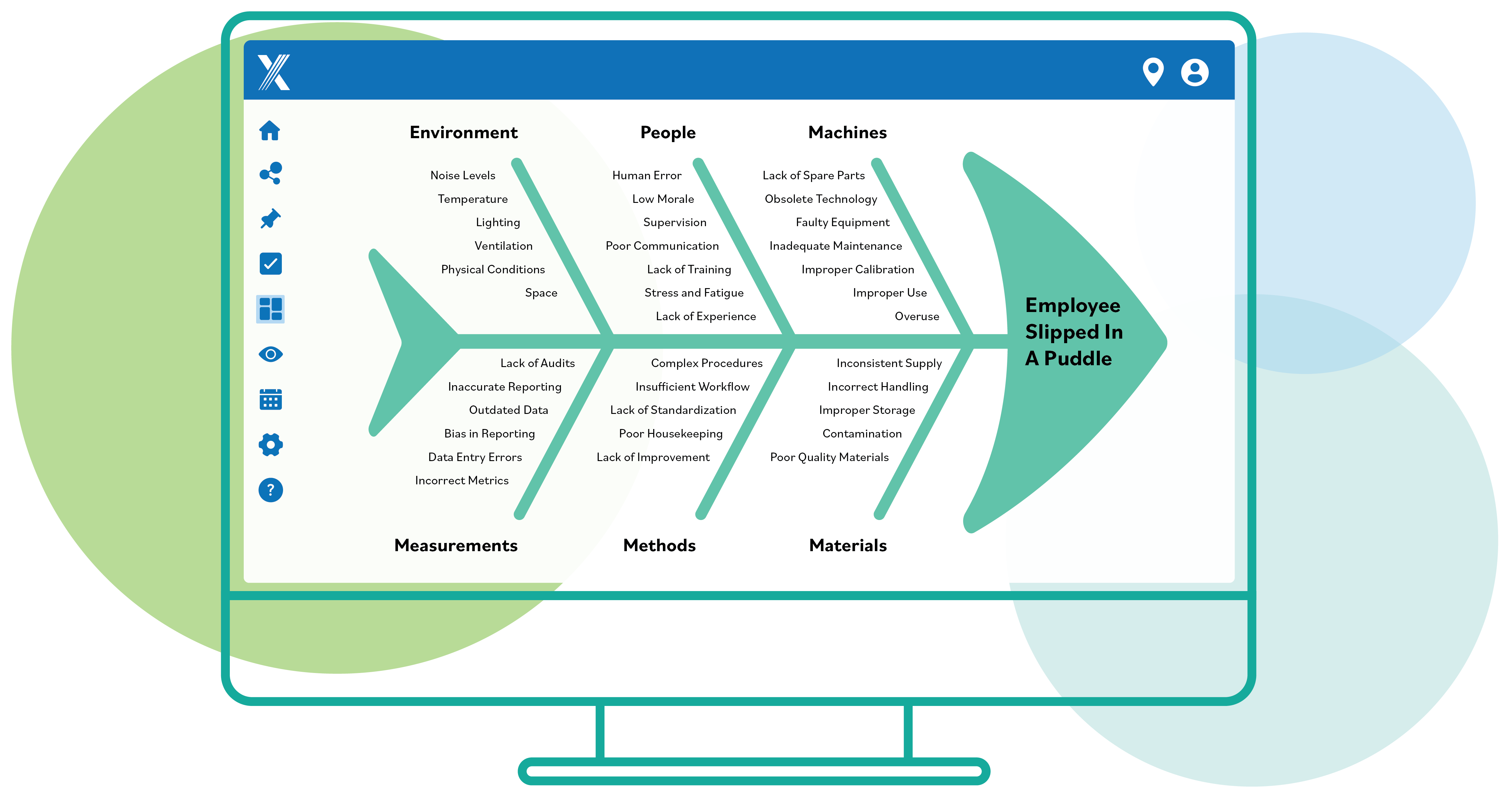Post-Brexit, Britain Faces an Altered Health & Safety Landscape
November 17, 2021

On January 31, 2020, the United Kingdom officially left the European Union in a move that has popularly come to be known as “Brexit” (‘Britain’ + ‘Exit’). The nation’s departure ended 47 years of formal association with its European neighbors since joining what was called the European Communities in 1973. It brought with it significant uncertainty about what would change from both political and economic perspectives and the impacts it would have on all sectors of the economy.
On the health and safety front, though, many observers felt that the impacts of the pullout would be minimal, said Kevin Bampton, CEO of the British Occupational Hygiene Society. Bampton made his remarks during the recent Health & Safety Matters virtual conference in a session titled, “Health Protection in a Post-Brexit World.”
“The thinking was that there was unlikely to be a huge slew of new laws that downgraded workers rights in the health and safety area, not least because the UK seems to be the gold standard in many ways in health and safety – or at least that’s the self-perception.”
Bampton pointed out, however, that there is not much evidence to support that lofty opinion. “There is actually a lot of research to say that maybe we’re not doing as well as we could do.” In fact, he added, even though on the surface it might seem like not a lot will change with the coming of Brexit, underneath – in areas that might affect businesses in a very fundamental way – things are changing.
“There are some massive, massive things at play,” he said, before proceeding to shed light on what those things are and what implications they might have for British health and safety practitioners and the nation’s workers.
Increasing Politicization
The big change resulting from Brexit, Bampton said, is that the British government is no longer accountable to any external authority or body when formulating and implementing health protection policy.
“There’s nobody to come along and say (to the government), ‘Well, you haven’t done that properly,’ or to even say, ‘Well, you should be protecting worker health rights.’”
Click here to register to view archived sessions from the Health & Safety Matters virtual conference. Registration is free.
To illustrate his point, Bampton pointed to a case in late 2020 in which the Independent Workers Union of Great Britain took the government to court for its alleged failure to implement a directive on personal protective equipment. The matter was litigated on the basis of European law and the government was found to be wanting.
“That’s not going to be happening in the future. There won’t be a way in which you can still have organizations calling the government to account on their standards. The government will set those standards.”
That means that everything now will ultimately go through the government.
“And that means that everything is political – so health and safety becomes political in a way that it hasn’t been in the past.”
Science Shifts
Cutting ties with the EU also, Bampton said, has implications on the scientific research front, which in turn will likely have negative effects on the control of workers’ exposures to harmful substances in UK workplaces.
“Europe had some fantastic scientists beavering away, looking at what the latest scientific evidence was around health exposures, and we would automatically get updates on these things.”
Although Britain can still look at what Europe is doing on these fronts, its health and safety leaders no longer have immediate, automatic access to the scientific base that Europe has, for example through the European Chemicals Agency.
Left to its own research devices, Britain’s focus on, for example, something that happens to be a cancer-causing substance might be different from that of Europe, Bampton posited.
“And we might actually have less resources to look at the smaller, niche areas (of the economy). In industries which are at the cutting edge, those niche exposures, those risks, might be less well supported in this country.”
Bampton noted that in many instances, Europe has been moving toward setting lower exposure limits to hazardous substances, but Britain is “sort of de-linking from that. We are like a train carriage that is drifting back in some ways in relation to some areas of exposure limits.” He cited formaldehyde, widely used in the funeral business, as the “classic” example, saying it is one of a number of chemicals where the UK is now “humming and hawing” about whether limits should be reduced, even though the recommendation is that they are carcinogens and are therefore very harmful.
“We’re having to evolve, through the Health and Safety Executive, new ways of thinking about some of these chemicals and it will still be a few months, if not a few years, before we’re absolutely clear about which harmful substances are going to be controlled by the British government.”
Also, if industries in other countries bring in lower exposure limits than those in the UK, British organizations could face serious legal consequences, Bampton pointed out. “If you are keeping higher limits, even though those might be lawful in Health and Safety Executive terms, you could still be liable in negligence because you’re not actually achieving what is practicable, and it’s reasonably foreseeable that people can get harmed.”
This circumstance creates a new kind of uncertainty that was not present pre-Brexit. At that time, a fairly ordered situation existing in which Europe set the standards, the scientific evidence was pushed forward through Europe, and if a company kept within those standards, it was probably going to be safe from civil litigation.
A Plethora of Positives
The post-Brexit health and safety forecast is not, however, characterized entirely by dark clouds and storms, Bampton said. Many positives may emerge, including better alignment with the UK’s unique legal and managerial mechanisms. In other words, “bringing home how we manage risk and doing it better using all of these sorts of tools that we have. The European model has never really sat tremendously well with us in the UK because they’re designed for a continental system. We’ve got our own unique British approach to doing many things.”
Brexit may also usher in a greater focus on domestic priorities – the things that truly matter in terms of health protection in Britain and more focus on local problems. Ideally, there might also be a reduction in what Bampton referred to as “horse trading’ – the oppressive intra-nation political negotiations that characterize the standards creation process.
Finally, having observed first-hand the impressive pace at which those in the HSE Science division have worked during the pandemic, Bampton added that things might just start to move a tad bit quicker on the health and safety front in Britain, post-Brexit. “I think there is every chance that we’re going to have a more fleet-of-foot and more effective targeting of health challenges.”





